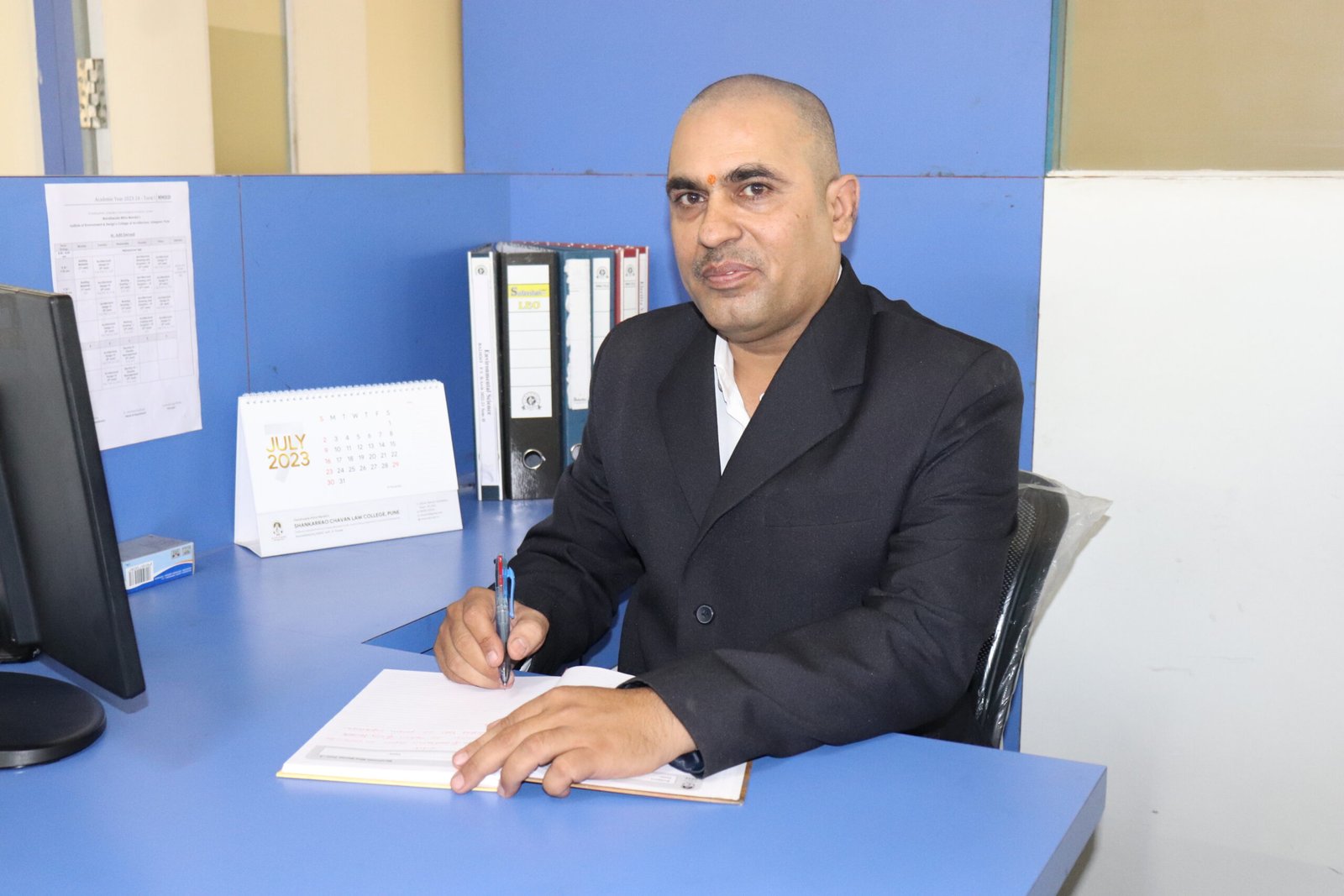About
Home » Civil Engineering

Dr. Atul Khatri
Head of the Department
Welcome to the Department of Civil Engineering
Marathwada Mitra Mandal’s Institute of Technology, Pune
Civil Engineering is one of the core branches of engineering, encompassing planning, designing, structural development, construction, and project management. Established in 2019, the Department of Civil Engineering at MMIT has been one of the fastest-growing departments, providing a platform to promote student and faculty achievements along with various academic and professional activities.
The department is guided by highly qualified and experienced faculty members who are dedicated to academic excellence, research, and professional ethics. It is supported by modern infrastructure and state-of-the-art laboratories, including those for Concrete Technology, Fluid Mechanics, Environmental Engineering, Geotechnical Engineering, Engineering Geology, Surveying, Strength of Materials, Transportation Engineering, and Civil CADD. These facilities, equipped with advanced instruments, foster both quality education and innovative research.
To strengthen industry-academia collaboration, the department has signed Memoranda of Understanding (MoUs) with reputed industries, providing students with practical exposure and enhanced technical skills. Students are also encouraged and guided to pursue competitive examinations such as UPSC, MPSC, and IES. In addition, graduates can register with various public sector organizations to practice as consultants or contractors.
The department also ensures excellent placement opportunities for its students in reputed construction and infrastructure companies such as Larsen & Toubro (L&T), Shapoorji Pallonji, Ultratech Ltd., TATA Projects, Afcons Infrastructure, Hindustan Construction Company (HCC), JMC Projects, and NCC Limited. The consistent placement record reflects the department’s strong industry linkages and its commitment to preparing students for successful professional careers.
The Department of Civil Engineering at MMIT remains committed to nurturing competent professionals with strong technical expertise, ethical values, and a vision to contribute meaningfully to sustainable development and nation-building.
VISION
“To establish the department in the field of civil engineering focused on quality education, centre of excellence and innovative research”
MISSION
- To promote quality education, research and consultancy for industry and society
- To establish centre of excellence in the field of research
- To Train students industrial interactions and innovative thinking with relevance.
Program Educational Objectives: (PEO`s)
-
Civil graduates will be engaged in problem solving using Engineering Principles to overcome the need of society. -
Civil graduates will deal with wide variety of engineering tasks like designing, supervision, construction and maintenance activity. -
Civil graduate pursue lifelong learning both in their choose profession and other activity.
Programme Specific Outcomes (PSO's)
-
Engineering knowledge: Apply the knowledge of mathematics, science, engineering fundamentals, and an engineering specialization to the solution of complex engineering problems -
Problem analysis: Identify, formulate, research literature, and analyze complex engineering problems reaching substantiated conclusions using first principles of mathematics, natural sciences, and engineering sciences -
Design/development of solutions: Design solutions for complex engineering problems and design system components or processes that meet the specified needs with appropriate consideration for the public health and safety, and the cultural, societal, and environmental considerations. -
Conduct investigations of complex problems: Use research-based knowledge and research methods including design of experiments, analysis and interpretation of data, and synthesis of the information to provide valid conclusions. -
Modern tool usage: Create, select, and apply appropriate techniques, resources, and modern engineering and IT tools including prediction and modeling to complex engineering activities with an understanding of the limitations. -
The engineer and society: Apply reasoning informed by the contextual knowledge to assess societal, health, safety, legal and cultural issues and the consequent responsibilities relevant to the professional engineering practice. -
Environment and sustainability: Understand the impact of the professional engineering solutions in societal and environmental contexts and demonstrate the knowledge of, and need for sustainable development -
Ethics : Apply ethical principles and commit to professional ethics and responsibilities and norms of the engineering practice.
-
Individual and Team Work Function effectively as an individual, and as a member or leader in diverse teams, and in multidisciplinary settings.
-
Communication: Communicate effectively on complex engineering activities with the engineering community and with society at large, such as, being able to comprehend and write elective reports and design documentation, make elective presentations, and give and receive clear instructions.
-
Project Management and Finance: Demonstrate knowledge and understanding of the engineering and management principles and apply these to one’s own work, as a member and leader in a team, to manage projects and in multidisciplinary environments.
-
Life-long Learning Recognize the need for, and have the preparation and ability to engage in independent and life-long learning in the broadest context of technological change.
Program Outcomes
-
Project management and finance: Demonstrate knowledge and understanding of the engineering and management principles and apply these to one’s own work -
Life-long learning: Recognize the need for, and have the preparation and ability to engage in independent and life-long learning in the broadest context .
